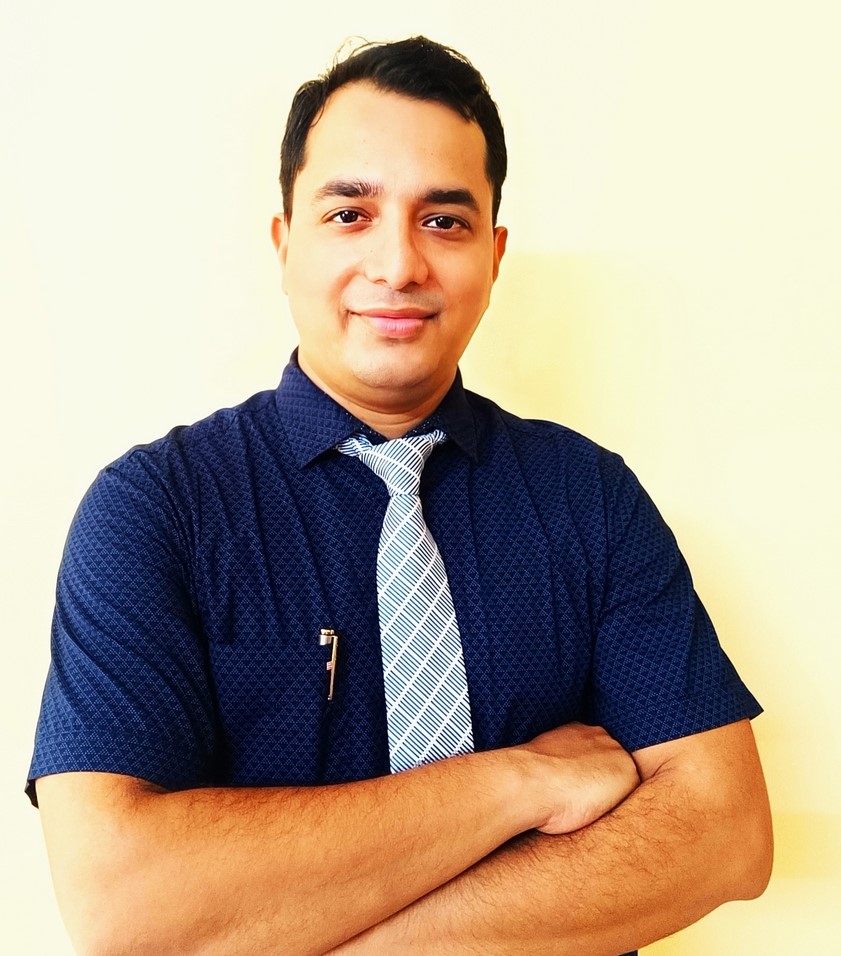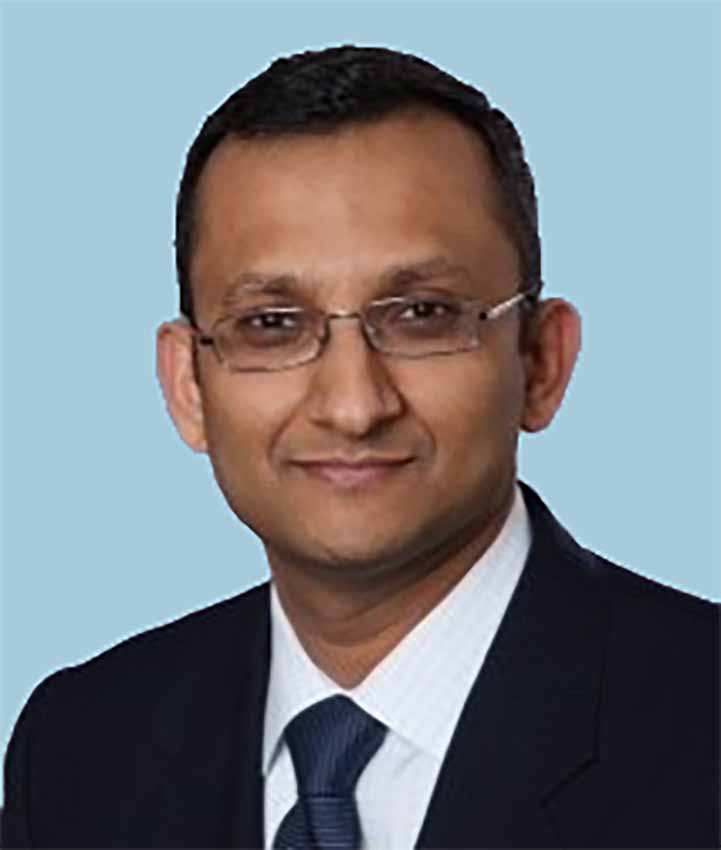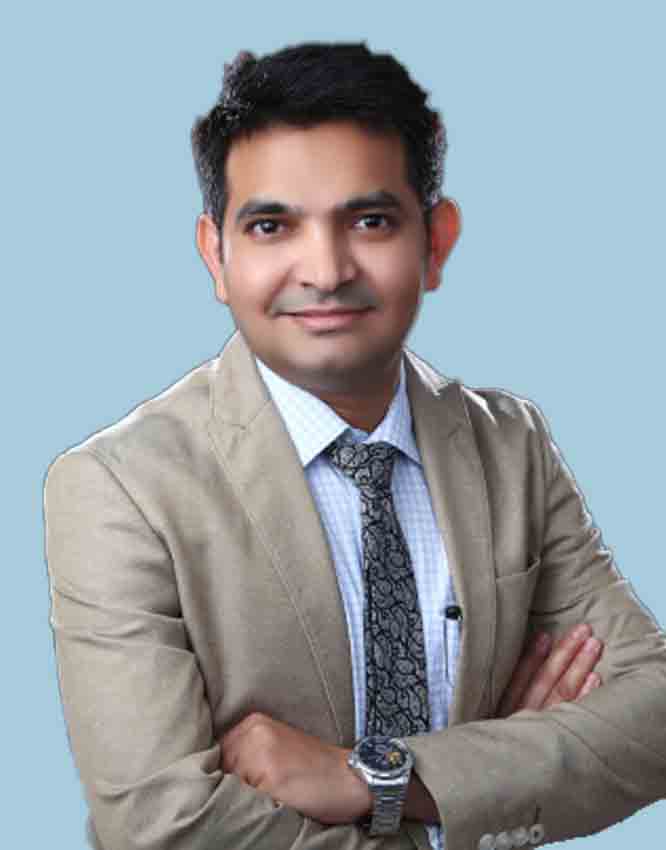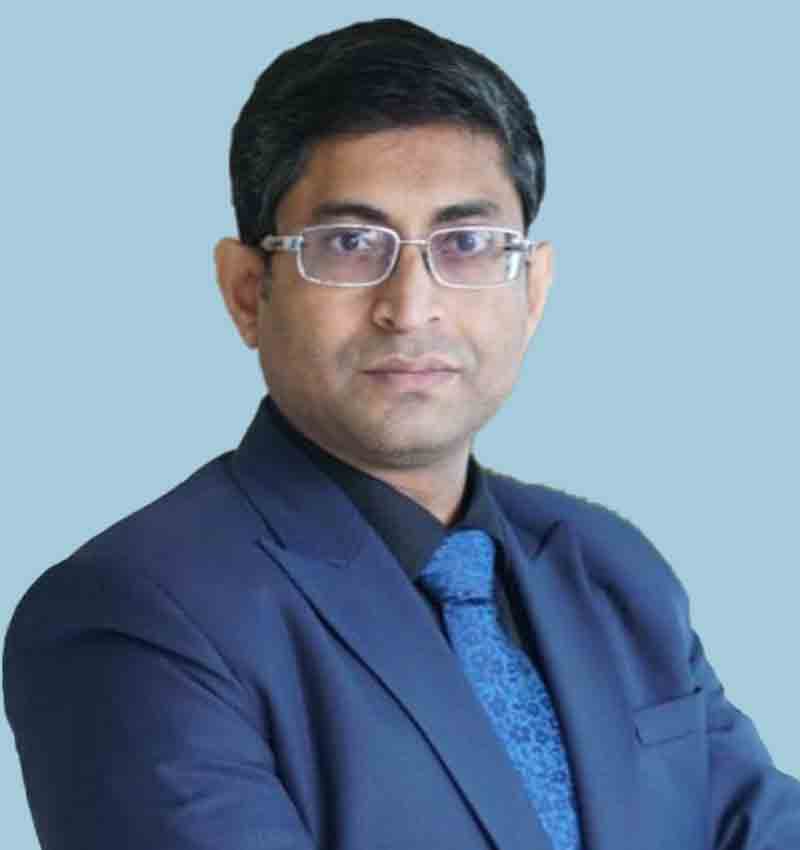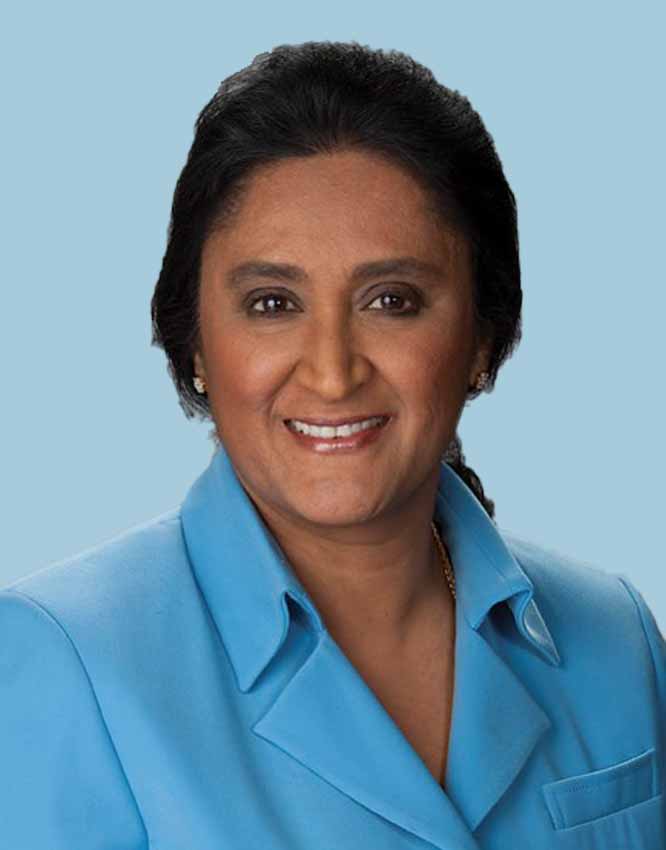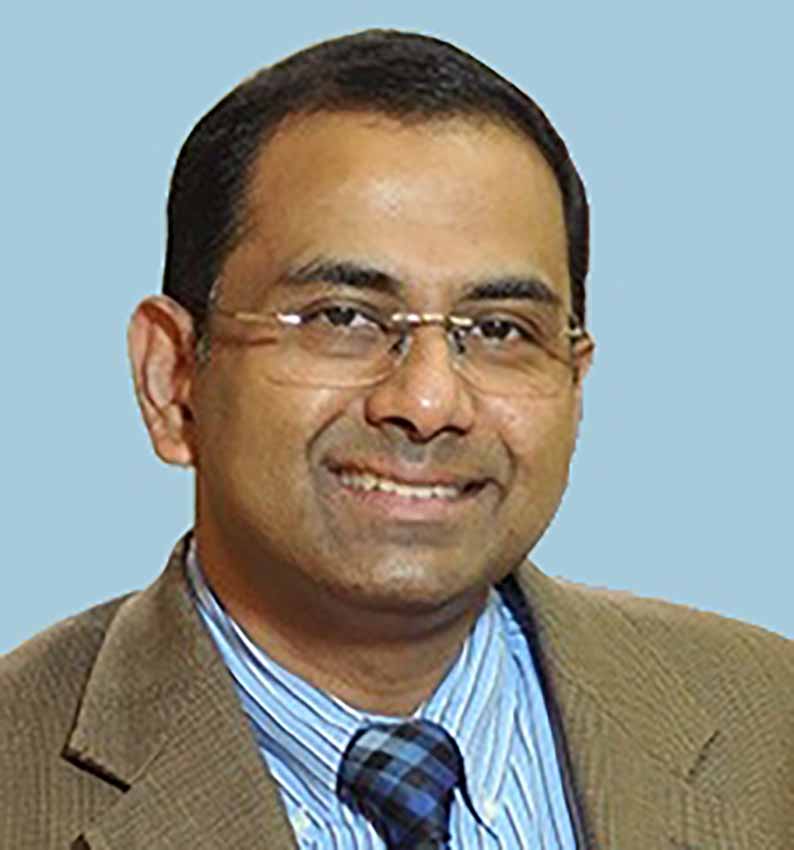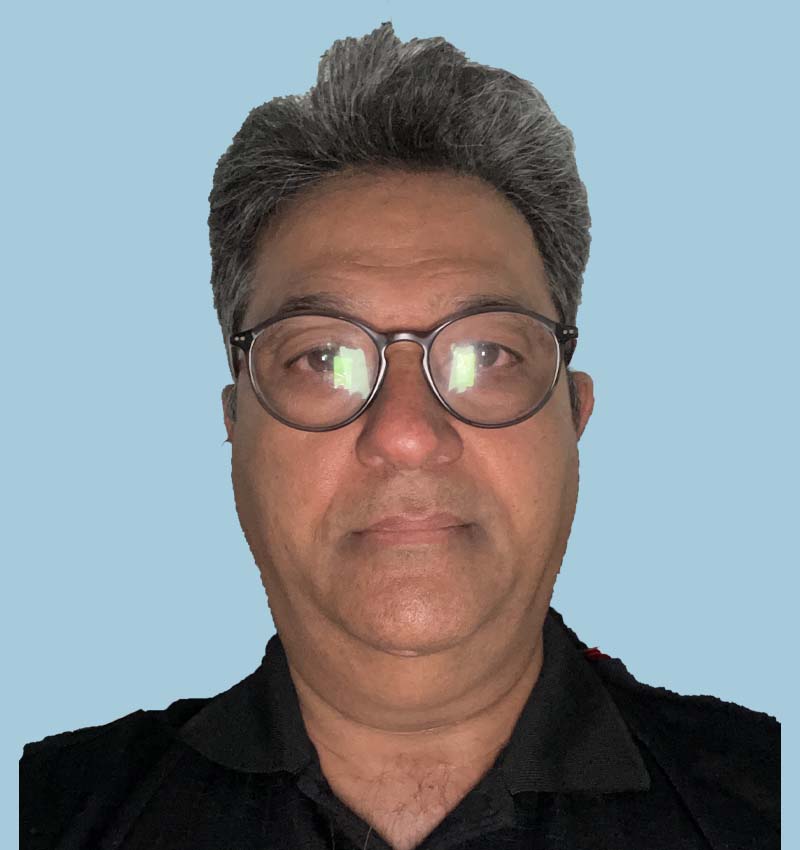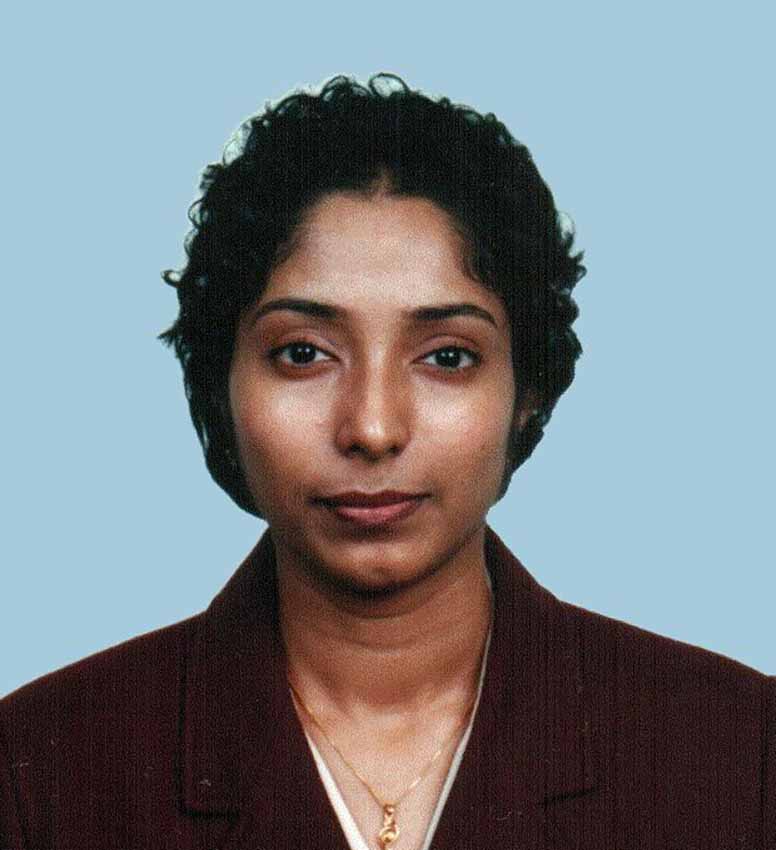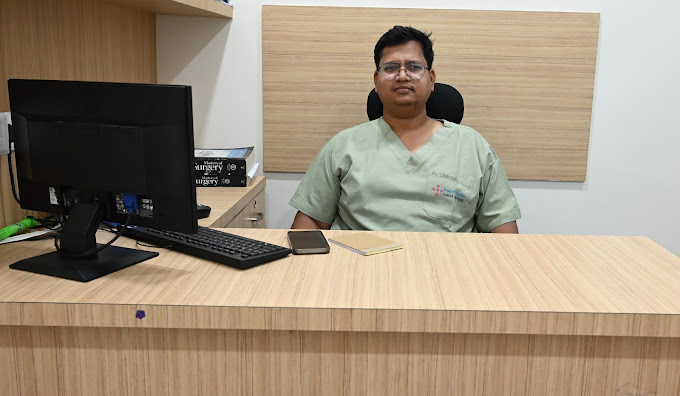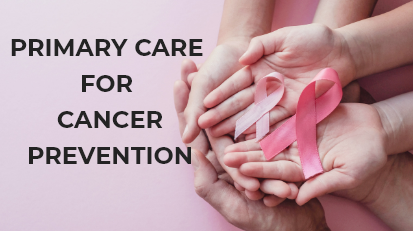 Translate
TranslateRaising the Hope
of Life.
Let's Fight Cancer Together.
What should you look for?
Second Opinion
The benefits of seeing another doctor may include:
Find Emotional Help
Adjusting to Cancer
Information that helps you and your family face life’s changes from cancer includes talking with your doctors, talking to children, changes for the family, and information on cancer support groups.
Self-image and Sexuality
Cancer and its treatment can affect how you look and feel about yourself and your body. There are steps you can take to cope with body changes and issues related to sexuality and intimacy.
Cancer Survivorship
Becoming a cancer survivor happens at the time of diagnosis. When cancer treatment ends, the transition to a new normal can be hard. Learn about follow-up care, dealing with physical and emotional issues, late side effects, and coping and communicating about family issues.
Questions to ask your Doctor about Cancer
Find questions to ask your doctor about
Eating a healthy and balanced diet can reduce the risk of cancer.
This is partly because of the diet itself, but mostly because it can help you keep a healthy weight or lose weight.
Difficulties eating during cancer
Having cancer and cancer treatments can make eating difficult for several reasons:
Diet for cancer patients
For most people with cancer, there isn’t a particular diet you need to follow. In general, you should try to maintain a healthy, balanced diet, with food from all the main food groups.
Tips for increasing your calorie and protein intake include:
Foods for cancer patients to avoid
Changes in your role
If your partner has cancer
How you can help with treatment decisions?
Painkillers
There are many different types of painkillers. The type you need depends on the type of pain you have. You might need one or more type to help relieve your pain.
Find out about taking painkillers and other drugs for pain control from your doctor and get information about possible side effects.
Radiotherapy
Radiotherapy uses high energy rays to shrink a cancer and can be used to reduce pain and other symptoms. It is often used to control pain when a cancer has spread to the bones. This is called secondary bone cancer. You usually only need 1 to 5 sessions of radiotherapy.
Surgery
Surgery can help with pain control by removing part or all of a tumour to relieve pressure on organs or a nerve. It can also help by repairing or strengthening a damaged bone when cancer has spread to the bones.
Nerve Block
Genetic changes and cancer
Some cells in your body develop gene mutations during your lifetime. These are called acquired mutations. It is also possible to have a gene mutation because it passed from one of your parents to you. This is called an inherited mutation.
Eventually, gene mutations in a cell may mean the cell stops working normally. Cancer develops when cells like this can multiply in an abnormal way and grow out of control.
Does cancer run in families?
Some inherited mutations make a person more likely to develop certain types of cancer. This means a gene mutation that is linked to cancer may run in a family.
If you inherit a gene mutation like this from one of your parents , it does not mean you have cancer. More damage (acquired mutations) still needs to happen before a cancer can develop. The inherited gene mutation may allow this damage to build up faster.
Family history and cancer risk
If a family is affected by a gene mutation, there may be a pattern of cancers diagnosed in that family. For example, there may be:
Managing genetic cancer risk
Cancer screening tests
You may be offered screening tests to find or prevent a type of cancer developing. Screening looks for early signs of cancer or for changes that happen before a cancer develops. There are different screening tests for different types of cancer.Risk-reducing surgery
Some people with a high cancer risk decide to have risk-reducing surgery. This means removing the tissues that are at risk of getting cancer. For example, risk-reducing breast surgery means removing healthy breast tissue to reduce your risk of breast cancer. This type of surgery is usually only offered to people with a very high risk, such as people who have inherited certain cancer gene mutations. Surgery greatly reduces the risk of cancer, but it does not get rid of it completely.Risk-reducing drugs
Certain drugs may be used to reduce the risk of certain types of cancer. Some women who have a high risk of breast cancer may take anti-oestrogen tablets to reduce their risk. People with Lynch syndrome may take aspirin to reduce their risk of bowel cancer developing. Risk-reducing drugs may cause side effects and occasionally may cause serious complications. It is important to discuss the benefits and disadvantages with your doctor.Clinical trials
If you know you have an increased risk of getting cancer, you may be able to join a clinical trial. These look into genetic causes of cancer or ways of preventing it. Taking part in a clinical trial is completely up to you. Talk to our specialists for more information.Healthy lifestyle
There is not always clear evidence about how a healthy lifestyle affects cancer risk in people with a family history of cancer. But there is strong evidence it improves your general health and well-being. Our board certified specialist specialist can give you more information about healthy living.Talking to children
Most inherited cancer genes do not increase the risk of cancer until adulthood. Usually, children in families with these types of cancer gene wait until they are older to think about genetic testing. This can make it harder for parents to decide when to tell them there is an inherited cancer gene in the family.Breast Screening
Cervical Screening
Colon Cancer Screening:
Lung Cancer Screening:
Other screening tests include
ONCOLOGYIndia
ONCOLOGYUnited States
ONCOLOGYIndia
ONCOLOGYIndia
ONCOLOGYUnited States
ONCOLOGYUnited States
ONCOLOGYUnited States
ONCOLOGYUnited States
ONCOLOGYIndia
ONCOLOGYUnited States
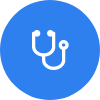


Primary Care for Cancer Prevention
Live session to help you improve your knowledge.
Early detection and improved treatments for many different types of cancer have changed our understanding of this disease. The treatment is typically very challenging physically to patients, requiring combinations of surgery, radiation, chemotherapy, etc.
Breast cancer, Prostate cancer, Melanoma, Colon cancer, lung cancer, Leukemia, and lymphoma, &, etc. are the different types of cancers.
Screening helps identify health problems before the symptoms appear. Different types of screenings like MRI, mammograms, colonoscopy, etc. can help with early diagnosis and treatments.
Chemotherapy, Immunotherapy, Radiation Therapy, and Surgery are some of the treatments available for cancer patients. Depending on the patient’s health, the healthcare provider plans the treatment.
Many cancer patients can experience gastrointestinal problems. Diet care is a way to restore digestive health, prevent malnutrition, and satisfy dietary requirements during treatment. By keeping strong and nourished through proper nutrition, you will remain healthy for your cancer treatment.
If you start treatment and want a second opinion, you may be able to get one. It is best to look into getting a second opinion soon after a health issue is found. That said, it is almost never too late to get a second opinion, even if treatment has started. The benefits of seeing another doctor may include: Feeling reassured that different doctors agree on your diagnosis and treatment. Having different treatments to choose from when the second doctor offers you a different treatment. Consult with our cancer specialists and get an expert second medical opinion from doctors from anywhere in the world.
Request a Call-Back
Provide us with your contact details we will reach back to you soon
